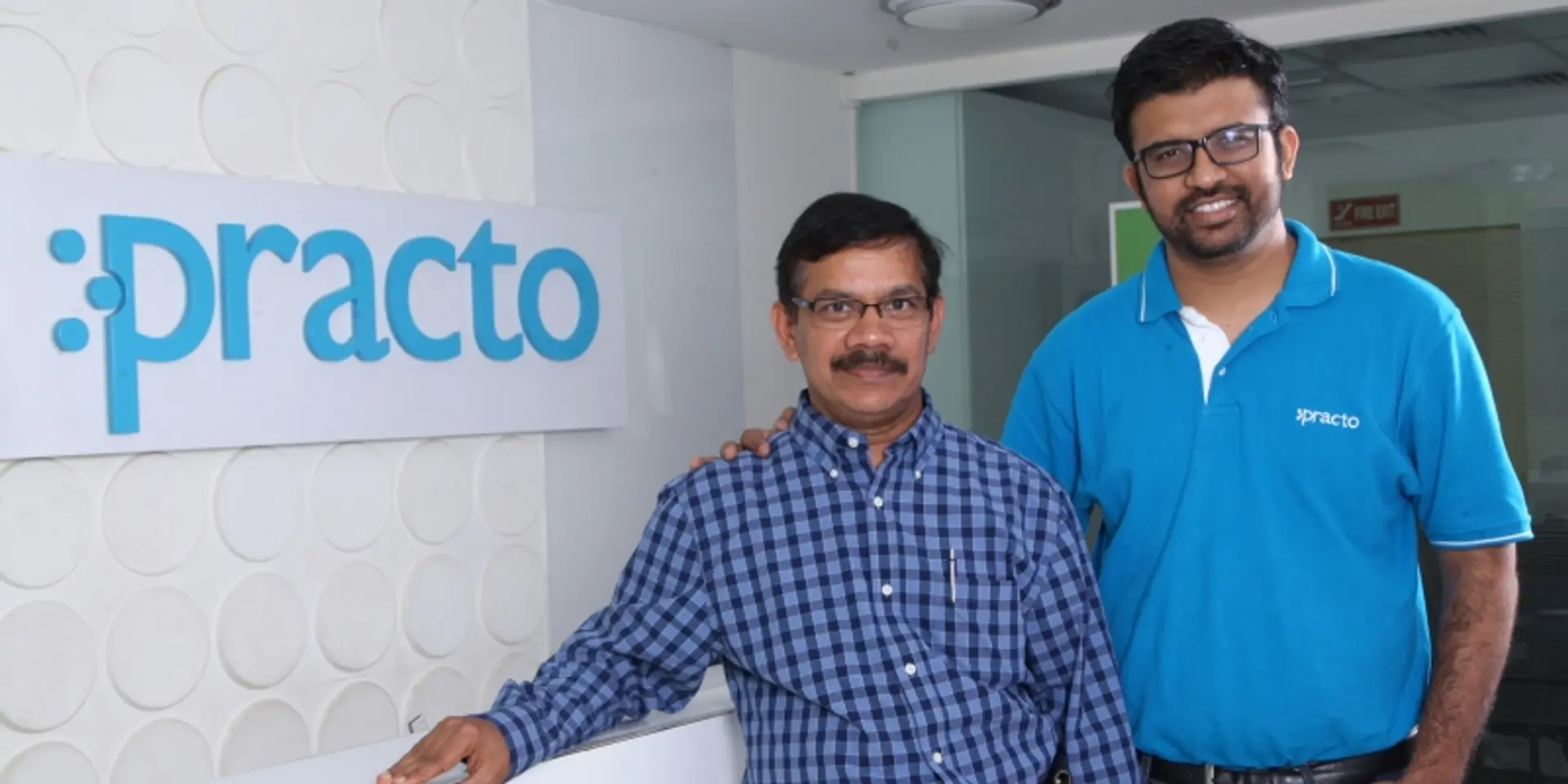Practo acquires Insta Health to digitise healthcare solutions across 15 countries
After its expansion into Indonesia, Practo today announced the acquisition of Insta Health Solutions for USD 12 million. Insta is a technology company that provides cloud-based hospital information management solution that powers hospitals across South East Asia, Middle East, India, and Africa.
After Fitho and Genii, Insta Health is third in line of acquisitions for Practo. Speaking about why Insta specifically, Shashank ND says that while there are organisations that provide software solutions to hospitals, Insta provides a scalable product.
This is in line with Practo's recent plans of touching close to half dozen acquisitions by the end of FY 2015. This acquisition now provides Practo with access to Insta Health Solutions' key customers across 15 countries.
Integration with Practo
Insta was a part of the Practo Partner Program that aims to enable hospital information management solution providers to give consumers a great healthcare experience by integrating with the Practo platform. "While working together we realised that by coming together we can create a better healthcare experience," adds Shashank.
Hospitals using Insta's products will now be given an option to integrate with the Practo platform by giving patients the option to search, and find information about availability doctors and instant bookings. It will also provide the patients the ability to access their health records post discharge on web or on the mobile app.

Explaining this, Shashank says that with Practo consumers can already look for doctors and clinics with or without HIMS. "With this partnership, several levels and deeper integration of healthcare management with the Practo platform will be possible," he adds.
Used by several hospitals, diagnostic labs, chain of clinics and standalone clinics, Insta helps them automate their operational, clinical, and financial processes. These include scheduling, out-patient and in-patient management, electronic medical record, ward and bed management, registration, advanced insurance, diagnostics, lab equipment integration, operation theatre, pharmacy, and inventory management among others.
Transforming the healthcare ecosystem
Following their culture of startups within startups, Insta will work as a separate division, which will be led by the Ramesh Emani, Founder and CEO, Insta Health. Shashank says that with this acquisition the team aims to transform the hospital industry globally. Ramesh says that they choose Practo over some other options as they feel that together they could offer superior, comprehensive, and integrated solutions for the healthcare ecosystem.
With Insta health onboard, Practo will now have access to its key customers like NMC Group of Hospitals in UAE, DaVita in India and Malaysia, Skyline Hospital in Manila, Deepam Hospitals, MyDentist, and Cloudnine in India and Karen Hospital in Kenya, among many others.
Yourstory take
Over the past year, the healthcare space has seen a major change across different ecosystems in the focus given by the government, the growing number of different healthcare providers, and public private partnerships. According to many reports published by the International Data Corporation, in 2013, the healthcare sector in India saw a growth of close to USD 413.4 million.
After its Series C round, Practo seems to be moving at a breakneck speed with several acquisitions and market expansions in line. The organisation is now widening its spectrum to include fitness, wellness and preventive cure. Globally, the healthtech market seems to be adding big data and wearables to this segment.
In a conversation with YourStory earlier, Shashank told us that data plays a significant role in ensuring great customer experience. “We use the patterns of customer usage to enable him make better decisions,” he says, adding that there is a huge opportunity in using the pattern recognition data in creating better products.
Late last year, it was reported that Intel will be working with Michael J Fox Foundation to conduct research for Parkinson’s disease. This initiative is aimed at using the data mined from wearable devices and detect disease progression patterns. Almost every equipment in a healthcare setup can be looked at as a data-mining machine and as means of improving disease detection.
Will wearables and big data be the next insights for Practo? Shashank adds that they are looking at the wearable space closely, but he cannot comment on whether it will immediately be a part of their lineup.







